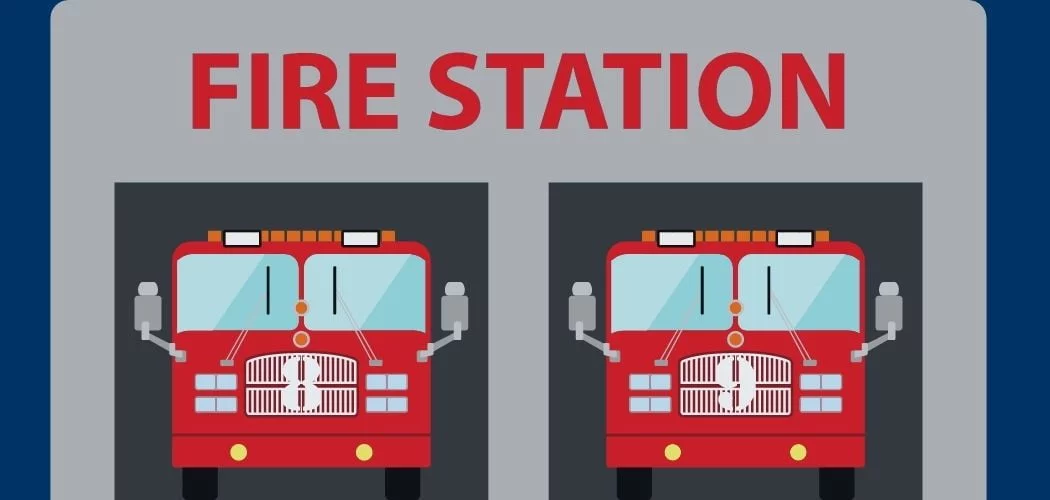Even before the COVID-19 pandemic, students who are 21 years old and above were encouraged to be registered with PhilHealth as principal members for them to avail of state health insurance coverage.
But college students — who can’t be qualified dependents anymore — are ignoring it. Not until an official of PhilHealth announced that college students are required to have state health insurance or any private health insurance before taking part in face-to-face classes.
The requirements came after the Commission on Higher Education (CHED) and the Department of Health (DOH) released the “Joint Memorandum Circular 2021-01” or the Guidelines on the Gradual Reopening of Campuses of Higher Education Institutions for Limited Face-to-Face Classes during Covid-19 Pandemic.
PhilHealth has guaranteed that in case — knock on wood — students get hospitalized for COVID-19, they will get a financial benefit for both mild and critical or severe cases.
PhilHealth requirements for students
Yes, students can apply and become members of PhilHealth. The contribution depends on your age and financial capability.
Students 21 years old and above
Students who are 21 years old and above are no longer considered dependent and therefore should have their PhilHealth as principal members.
All you have to do is get a certification from your local government as proof that you are indeed not capable of paying the monthly premium. You will be tagged by PhilHealth as financially incapable and thus will not be required to pay the new premium rate of P500 per month.
This is what PhilHealth refers to as indirect contributors. You will stay under this category until you can get a job. Indirect contributors may also include the following:
- Indigents as identified by DSWD
- Beneficiaries of Pantawid Pamilyang Pilipino Program (4Ps)
- Persons with disability
- SK officials
- Anyone who cannot pay premiums
The requirements for students who are 21 years old and above to become a PhilHealth member are the following:
- Two (2) copies of the PhilHealth Member Registration Form (PMRF).
- Two (2) valid IDs or a photocopy of birth certificate.
- Two (2) 1×1 ID picture.
- Proof that you are not financially capable of paying the monthly premium.
Students below 21 years old
If you are a young adult who is considered a dependent to your parents, then you can remain on your parent’s PhilHealth insurance plan until you turn 21 years old. This is based on the Implementing Rules and Regulations of Republic Act 7875.
To register, the principal member must go to the PhilHealth office and submit their PhilHealth Member Registration Form (PMRF) declaring you as one of the dependents.
This is applicable if your parent has Philhealth. This may be the best setup if you’re still a student and live in the same house as your parents. Qualified dependents may also include the following:
- Legitimate, legitimated, acknowledged, and illegitimate (as appearing in the birth certificate) adopted or stepchild or stepchildren below 21 years of age, unmarried and unemployed.
- Twenty-one (21) years old or above but suffering from a congenital disability, either physical or mental, or any disability acquired that renders them dependent on the member for support.
- Foster child as defined in Republic Act 10165 otherwise known as the Foster Care Act.
| Purpose | ID Requirements |
|---|---|
| 1.1 For 18 years old and above | a. Baptismal Certificate b. GSIS/SSS Member’s ID c. Passport d. Driver’s License e. PRC ID f. NBI Clearance g. Police clearance h. Voter’s ID i. Postal ID j. Senior Citizen card k. OWWA ID l. DSWD or LSWDO certification m. IBP card n. Company ID o. Barangay certification |
| 1.2 For minors below 18 years old | a. Certificate of live birth b. Baptismal certificate c. School ID d. Passport e. Police clearance f. Alien Certification of Registration g. National Council for the Welfare of Disabled Persons (NCWDP) h. DSWD or LSWDO Certification i. IBP card j. Barangay certification |
| Proof of relationship | a. Certificate of live birth b. Baptismal certificate c. DSWD or LSWDO Certification d. Barangay certification |



